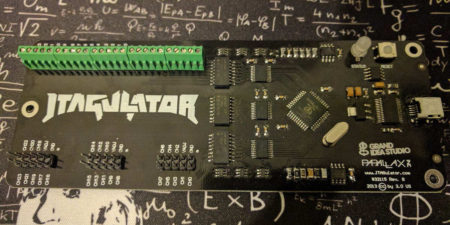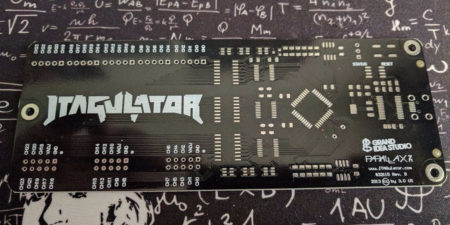If you work with Xilnx Vivado Design Suite [1] for FPGA development using USB JTAG interface such as Xilinx USB Platform Cable [2] or its cheaper clone from WaveShare [3], everything seems to be connected properly, but it cannot find the Target for programming, you probably need to perform drivers setup manually [4]. Error message looks like this:
ERROR: [Labtoolstcl 44-494] There is no active target available for server at localhost. Targets(s) ", jsn3" may be locked by another hw_server.
Error message may indicate that another instance of hw_server is running in the background but that is not the case. Check your drivers first [4]. Some hints:
- Run as root and be careful as this will modify your OS.
- Install script location is
Vivado/2020.2/data/xicom/cable_drivers/lin64/install_script/install_drivers. - Platform Cable USB interface is
pcusb. - Make sure UDEV rules are installed in
/etc/udev/rules.d/(i.e.52-xilinx-pcusb.rulesfile). - After drivers are set up remember to restart UDEV with
service udev restartcommand and re-attach your USB JTAG cable.
[1] https://www.xilinx.com/products/design-tools/vivado.html
[2] https://www.xilinx.com/products/boards-and-kits/hw-usb-ii-g.html
[3] https://www.waveshare.com/platform-cable-usb.htm
[4] https://www.xilinx.com/support/answers/54381.html

